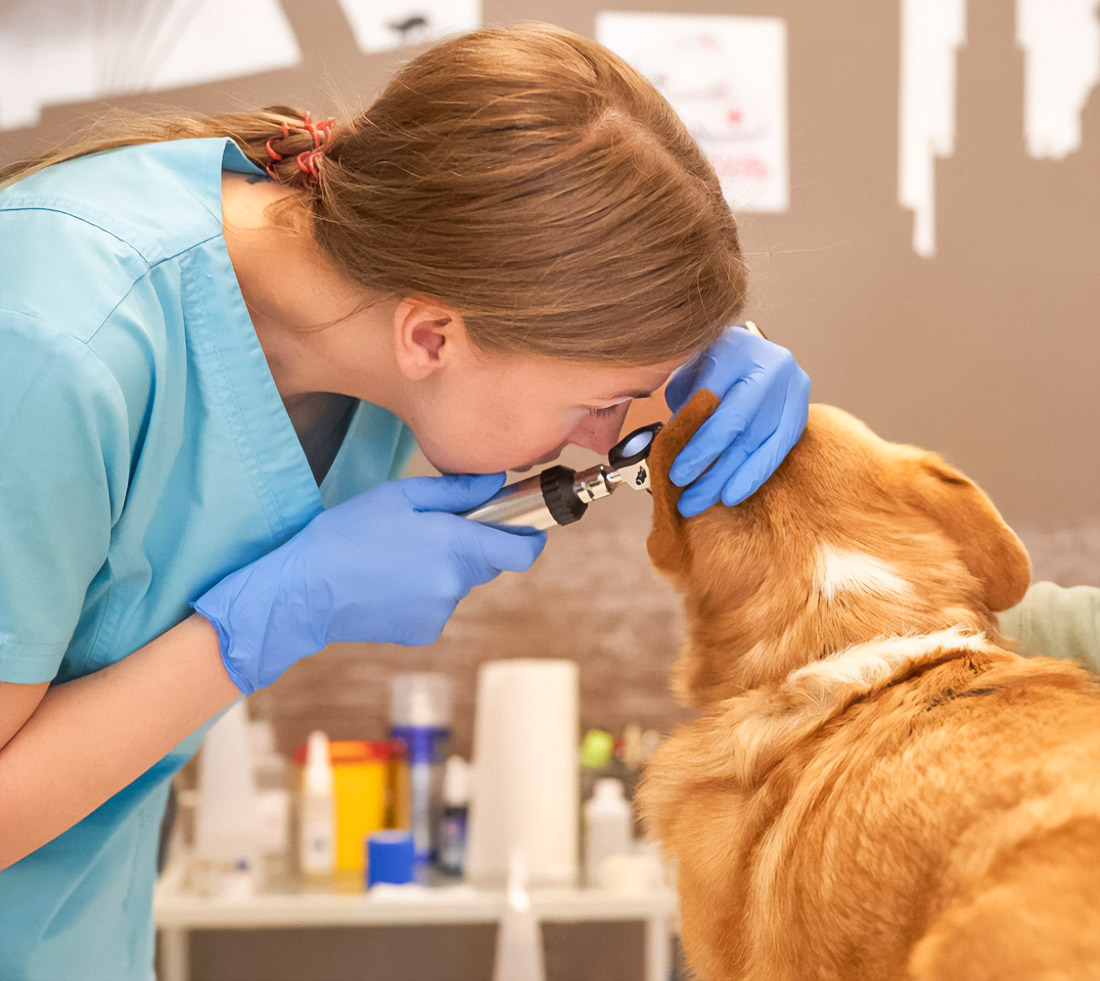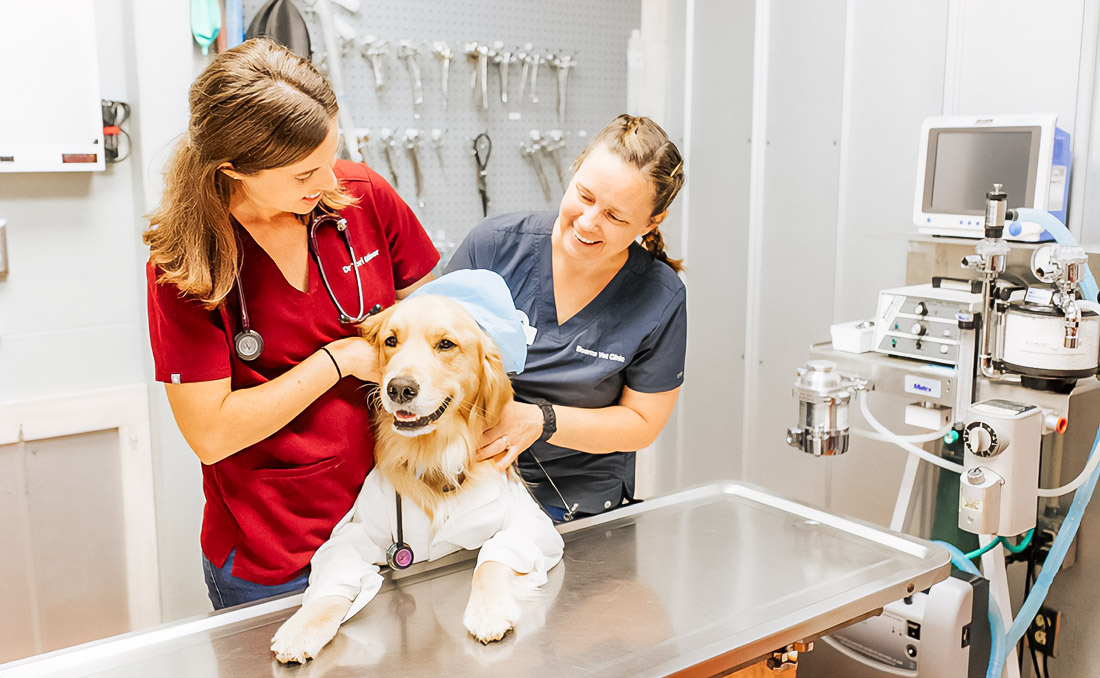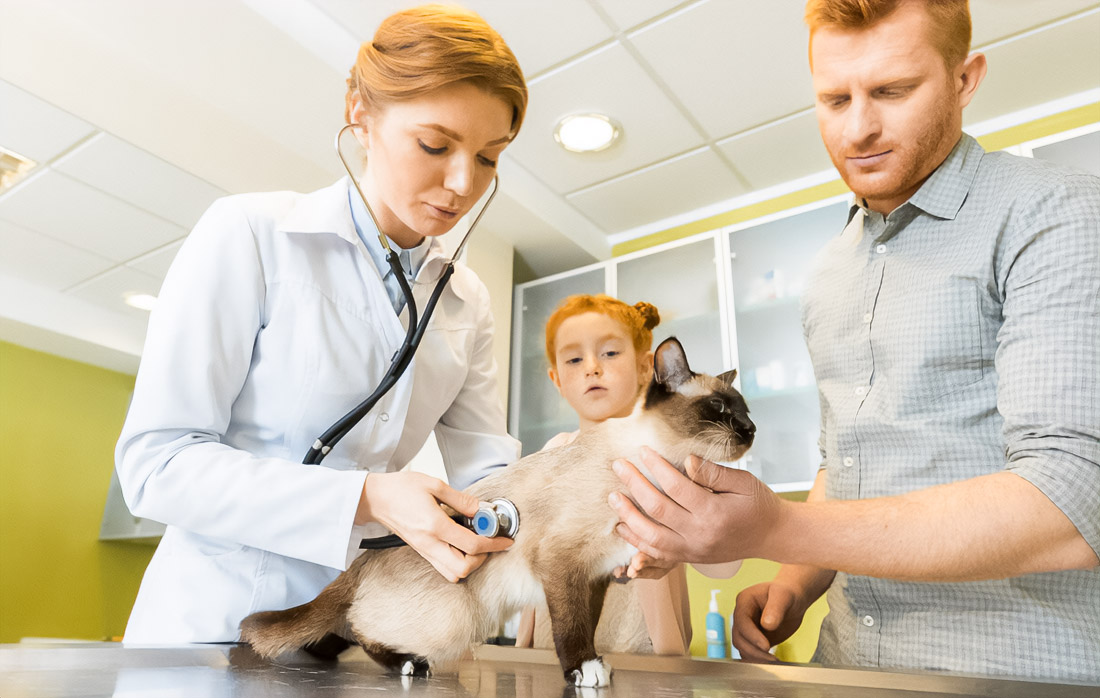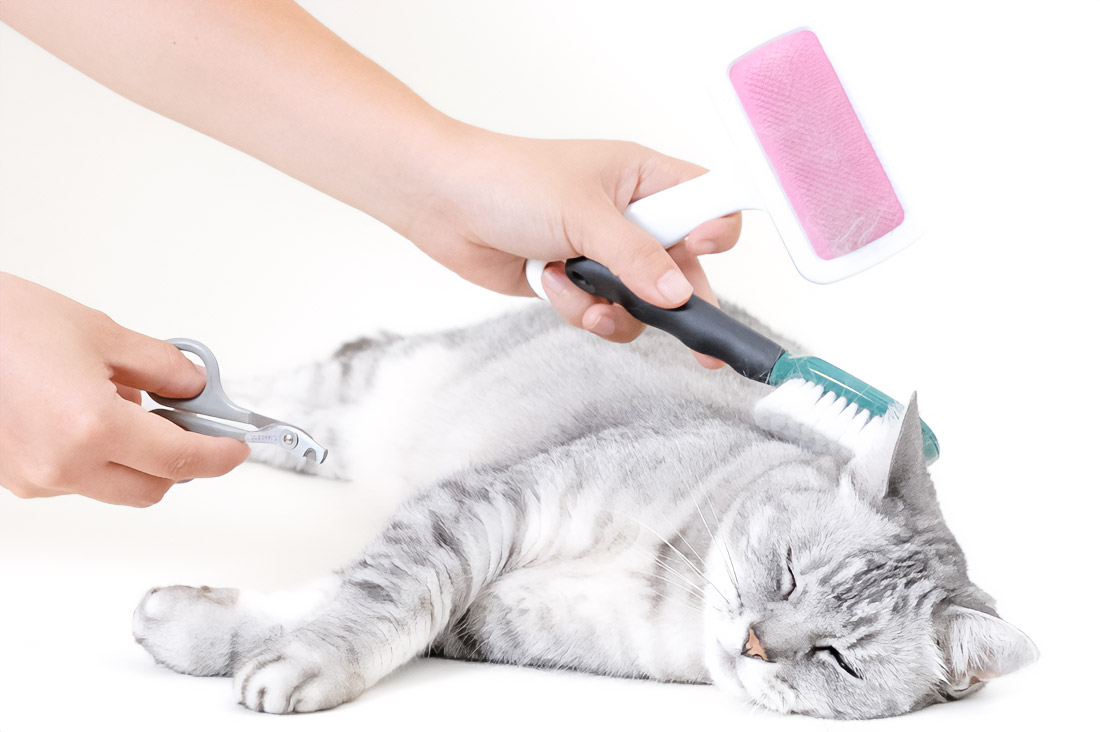Pets in the hot climate of the UAE face problems that are rarely noticeable at first glance. Summer brings temperatures above 45°C, dry air, sharp differences between an air-conditioned room and the street, as well as an endless stream of ultraviolet light. These factors become a test not only for humans, but also for the skin of cats and dogs. Their protective barrier weakens, and this is where the chain of painful changes begins.
The Danger of Ultraviolet Radiation

Ultraviolet light is divided into two types one is UVA and other is UVB. The first penetrates deeper into the skin, accelerates tissue aging, provokes photosensitivity and chronic inflammation. The second causes burns, damages the DNA of cells and dramatically increases the risk of malignant tumors. Animals with light hair, white skin, thin skin, or no skin at all are at the highest risk. Shorthair dogs, white cats and hairless breeds suffer more often than others. Even one day out in the sun can result in a burn.
Risk Factors in the Dubai Environment

Heat not only overheats the body. It increases moisture loss, causes cracks and peeling of the skin. After grooming or grooming, wool no longer protects as much as before, and any walk turns into irritation. Solar dermatitis is becoming common in pets, and repeated burns lead to skin cancer. The statistics are scary: in dogs, 30-40% of all tumors occur on the skin, in cats — 25%. At the same time, half or more of these tumors in cats turn out to be malignant.
Diseases and Skin Pathologies

Photoallergic reactions, polymorphic light rash (PMLE), solar urticaria, chronic actinic dermatitis the list is long. UVB and UVA light triggers an immune response: red spots, itching, blisters, ulcers. Cats are more likely to suffer from ears and nose bridge, dogs likely to suffer stomach and sides. Without protection, a simple irritation turns into squamous cell carcinoma, which destroys tissues and is difficult to treat. Prevention and early monitoring help to keep pets healthy.
How to Recognize the Problem

The first signs are redness, dryness, and peeling. The pet begins to itch, lick irritated areas, and avoid touching. Crusts appear on the ears, sores on the nose, and extensive inflamed areas on the abdomen. If the host does not pay attention in time, secondary infections will make the situation dangerous.
Protection and Prevention

Prevention is always easier than treatment. Veterinarians advise:
- to use sunscreens for animals with an SPF of at least 30;
- exclude walks from 10 a.m. to 4 p.m.;
- provide shade and cool places;
- apply cooling compresses after outdoor use;
- moisturize the skin with sprays and balms;
- check the pet daily so as not to miss the onset of inflammation.
For cats and dogs prone to burns, light capes, UV-blocking clothing or special glasses are suitable. Grooming is also important: clean, but not excessively trimmed, wool protects better from the sun.
Treatment and Veterinary Care
Mild burns are removed with cold compresses and aloe vera gel, created specifically for animals. With ulcers or severe inflammation, you can’t do without a veterinarian. Self-medication in such cases only aggravates the condition. The doctor prescribes antibiotics to stop the infection, and anti-inflammatory drugs to relieve pain and swelling. When the tissue is damaged too much, surgical removal is required. Sometimes cryotherapy is used to freeze the hearth. In particularly severe cases, laser procedures are used. The earlier you visit a pet clinic, the higher the chances of maintaining health and preventing complications. A delay in treatment can lead to chronic problems and even the development of cancer.
Consequences that Must Not be Forgotten
Sunburn is not a temporary discomfort. They leave a deep mark. The skin ages faster, elasticity decreases, and the risk of malignant tumors increases every year. Animals that have experienced sun dermatitis once remain at risk for a long time. Therefore, regular UV protection in Dubai is not a choice, but a necessity.
The sun in the UAE is deceptive. It gives warmth, but destroys the health of pets. White cats, short-haired dogs, and breeds with sensitive skin are especially vulnerable. Awareness of risks, protection from UVA and UVB, the use of animal-safe sunscreen, shade and timely veterinary care help to preserve the life and health of four-legged friends.

Hiking addict, mother of 2, drummer, hand letterer and Guest speaker. Producing at the junction of beauty and programing to craft experiences both online and in real life. I am 20 years old.

